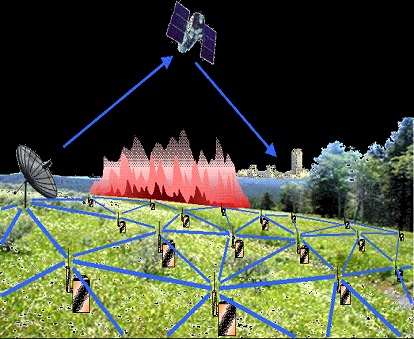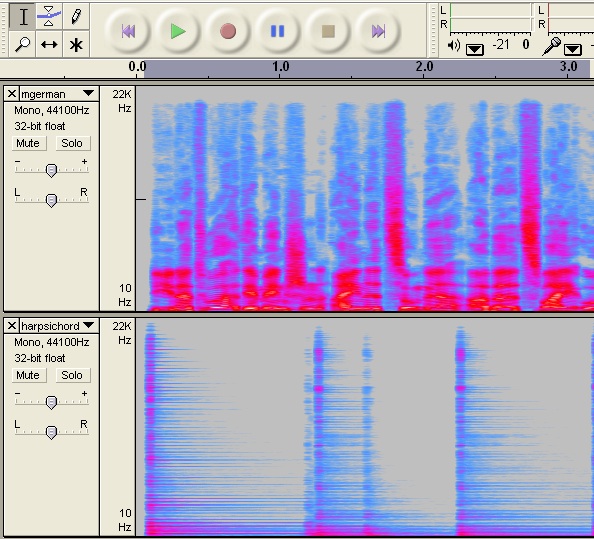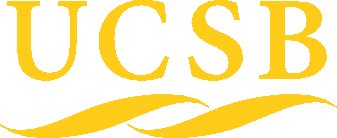

| Research Areas |
Coding of correlated sources and applications in sensor networks (NSF CCF-0728986)  This project focuses on principles and methodologies relevant to the compression,
storage and transmission of
correlated sources, in particular from the viewpoint of sensor network
applications. Research objectives include the derivation of theoretical
source coding bounds relevant to these scenarios as well as the design
of efficient compression, routing, and transmission algorithms, the
latter objective particularly challenging due to the large-scale and
non-convex optimization problems involved when considering real-world,
many-sensor applications. Prediction, scalability, and robust design
are but some of the issues, under the umbrella of distributed
source coding, that are addressed by this project. This project focuses on principles and methodologies relevant to the compression,
storage and transmission of
correlated sources, in particular from the viewpoint of sensor network
applications. Research objectives include the derivation of theoretical
source coding bounds relevant to these scenarios as well as the design
of efficient compression, routing, and transmission algorithms, the
latter objective particularly challenging due to the large-scale and
non-convex optimization problems involved when considering real-world,
many-sensor applications. Prediction, scalability, and robust design
are but some of the issues, under the umbrella of distributed
source coding, that are addressed by this project.Researchers : Emrah Akyol, Kumar Viswanatha, Ankur Saxena, Sharadh Ramaswamy, and Jayanth Nayak |
Resource scalable coding of audio and speech signals (NSF CCF-0917230)  While
audio and speech coding algorithms have historically developed
via distinct compression paradigms - transform coding, and linear
prediction - there is a growing impetus for a single algorithm that is
efficient with either signal type, an integration necessitated by the
increasing number of internet and mobile-based multimedia applications
that handle 'mixed' content. This project focuses on developing unified
coding paradigms for audio and speech signals, with the additional
emphasis of ensuring performance that naturally scales with the
availability of resources - bit-rate,
encoding/decoding delay, and complexity - factors that considerably vary
across the multitude of multimedia
applications and devices that utilize these signals. While
audio and speech coding algorithms have historically developed
via distinct compression paradigms - transform coding, and linear
prediction - there is a growing impetus for a single algorithm that is
efficient with either signal type, an integration necessitated by the
increasing number of internet and mobile-based multimedia applications
that handle 'mixed' content. This project focuses on developing unified
coding paradigms for audio and speech signals, with the additional
emphasis of ensuring performance that naturally scales with the
availability of resources - bit-rate,
encoding/decoding delay, and complexity - factors that considerably vary
across the multitude of multimedia
applications and devices that utilize these signals.Researchers : Vinay Melkote and Tejaswi Nanjundaswamy |
Advances in video coding and networking  This
research focuses on improving the performance of existing video
coding algorithms by a number of novel techniques for predictive
encoding or decoding as employed in these codecs. One thrust focuses on
the optimal choice of the spatial transform that follows
intra-prediction from block edges. Another direction being pursued is
the development of estimation-theoretic algorithms for delayed decoding
of video sequences encoded by motion compensation, wherein the
reconstruction of the current video frame is improved by optimally
utilizing information from 'future' frames of the sequence too. This
research focuses on improving the performance of existing video
coding algorithms by a number of novel techniques for predictive
encoding or decoding as employed in these codecs. One thrust focuses on
the optimal choice of the spatial transform that follows
intra-prediction from block edges. Another direction being pursued is
the development of estimation-theoretic algorithms for delayed decoding
of video sequences encoded by motion compensation, wherein the
reconstruction of the current video frame is improved by optimally
utilizing information from 'future' frames of the sequence too. Researchers : Jingning Han, Vinay Melkote, and Ankur Saxena |
Bio-Image Informatics: Uncertain data management in scientific images (NSF OIA-0941717) Researchers : Emre Sargin and Pradeep Koulgi |
Bio-Image Informatics: Computational challenges in the analysis of complex biological structures via multimodal imaging (NSF IIS-0808772)  The
critical barrier in the study of complex biological systems, for
instance in the mapping of the vertebrate retina, are the computational
challenges involved in analyzing the vast amount of images that are
generated by such a project. The objective here is to address the
lack of processing and discovery tools required to navigate data of
such complexity and magnitude, and develop
methodologies for large-scale, statistically robust, information integration, resulting in significant impact on image-based
information processing technologies as well as neuroscience research. The
critical barrier in the study of complex biological systems, for
instance in the mapping of the vertebrate retina, are the computational
challenges involved in analyzing the vast amount of images that are
generated by such a project. The objective here is to address the
lack of processing and discovery tools required to navigate data of
such complexity and magnitude, and develop
methodologies for large-scale, statistically robust, information integration, resulting in significant impact on image-based
information processing technologies as well as neuroscience research.Researchers : Emre Sargin and Pradeep Koulgi |
Fast search and retrieval of high dimensional data (NSF IIS-0329267)  The objectives here are algorithms for
efficient, interactive, and approximate or exact similarity search in
high-dimensional data sets via approaches that draw inspiration not just from classical data management but also from several other disciplines including optimization, information
theory, pattern recognition, and signal compression.
The project eschews the perspective of treating
the compression for database storage, and efficient retrieval
problems separately,
to demonstrate the myriad benefits of jointly optimizing both aspects. The objectives here are algorithms for
efficient, interactive, and approximate or exact similarity search in
high-dimensional data sets via approaches that draw inspiration not just from classical data management but also from several other disciplines including optimization, information
theory, pattern recognition, and signal compression.
The project eschews the perspective of treating
the compression for database storage, and efficient retrieval
problems separately,
to demonstrate the myriad benefits of jointly optimizing both aspects.Researchers : Kumar Viswanatha, Jayanth Nayak, and Sharadh Ramaswamy |
| A complete list of current and completed projects is available in the project archives |
| Image credits |

